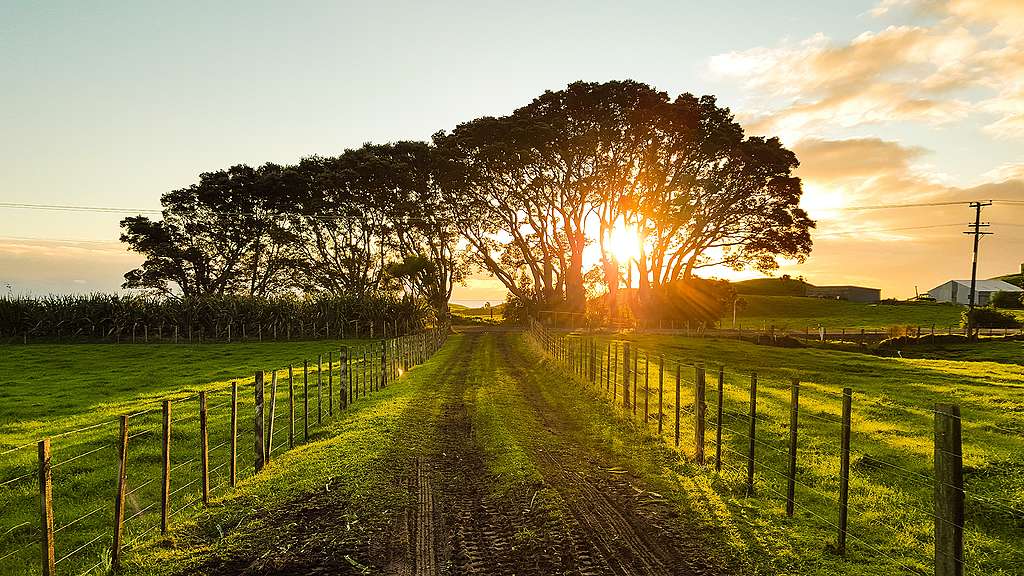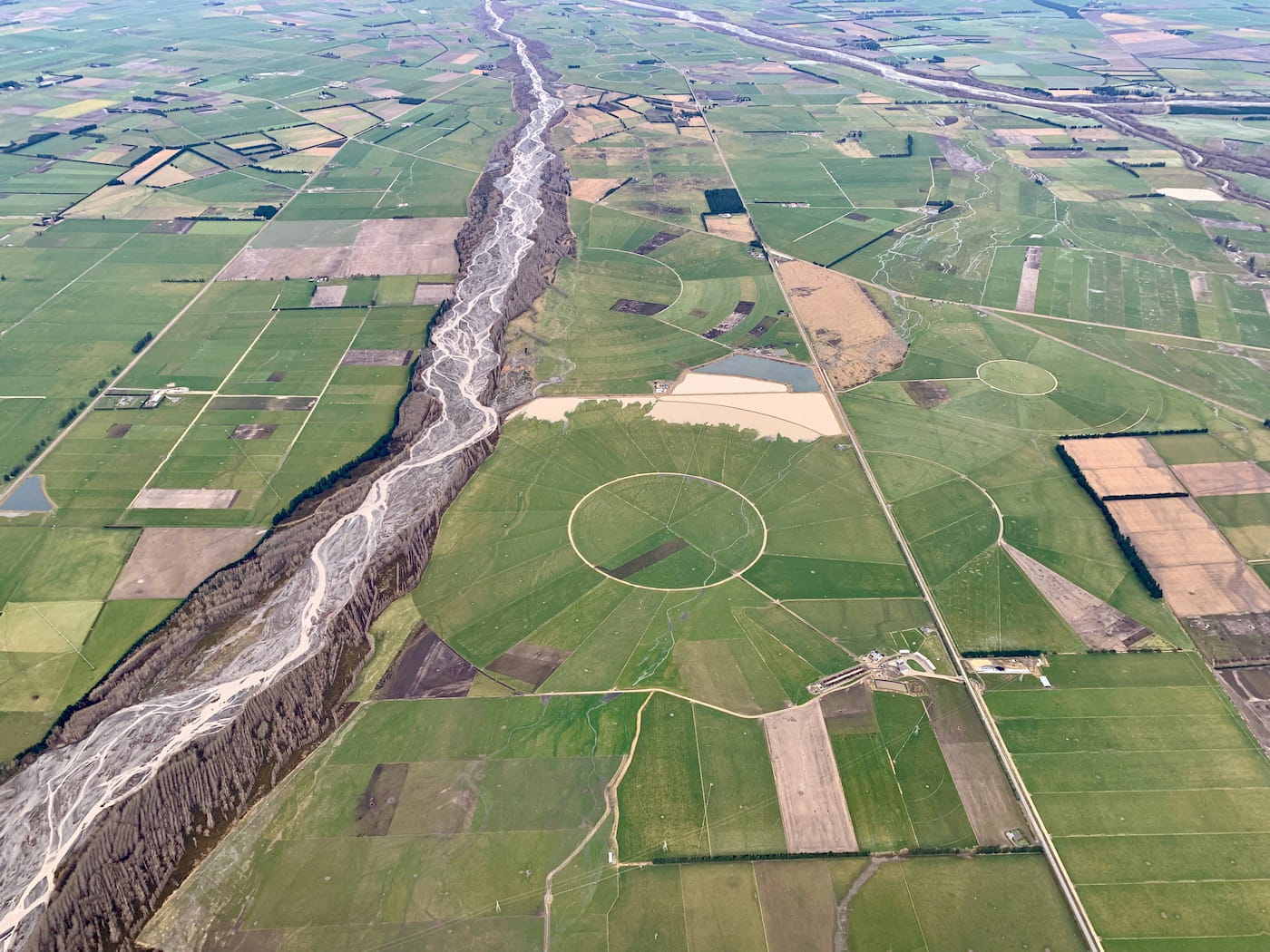Greenpeace has teamed up with zero waste group The Rubbish Trip to launch a report detailing how Aotearoa could close the loop on food waste, whilst supplying regenerative and organic farmers and growers with high quality compost.
The report outlines how composting can support a shift to regenerative organic farming and comes at a time when many New Zealanders are in lockdown at home in urban dwellings, with food waste piling up in their rubbish bins.
At the same time, huge new landfills that pollute land and water are proposed for several regions around New Zealand, leaving communities grappling with the issue of waste.
Meanwhile, farmers have limited access to good quality compost, meaning they instead use inputs like synthetic nitrogen fertiliser. Numerous studies and organisations, including the Climate Change Commission, have identified the opportunity for compost to offset or even replace synthetic nitrogen fertiliser, showing that making compost is also a climate change response.
Zero waste expert and report author Liam Prince says a network of composting systems could solve problems surrounding food waste, landfills and fertiliser demands at the same time.
“Truckloads of edible food are wasted every day in New Zealand, contributing to greenhouse gas emissions and making up as much as half the contents of our household rubbish bins,” says Prince.
“Synthetic nitrogen fertiliser is made from fossil fuels and shipped across the globe. We know it’s terrible for rivers, drinking water and the climate. Setting up local food waste collection and composting depots would mean farmers have ready access to high quality ‘living’ compost, right on their doorstep, while helping urban dwellers combat an ever-increasing food waste and landfill crisis.”
The report proposes that a decentralised composting network involving multiple approaches, scales and technologies working together will achieve the best results. This would see collections of food and green waste processed at small, medium and large-scale composting hubs set-up in both rural and urban communities throughout the country.
“We can divert food waste from landfill and transform it into fertile compost to help restore soil health, draw down carbon, replace synthetic fertilisers, reduce climate pollution from agriculture, and improve our communities’ food resilience and access to healthy kai – things that are so important in these uncertain times,” says Prince.
Prince, who runs zero waste education and advocacy group The Rubbish Trip, was commissioned by Greenpeace to produce the report as part of the organisation’s work advocating for a nationwide shift away from intensive dairying towards diverse, regenerative and organic farming.
Compared to other countries, Aotearoa lags behind on food waste management. While some cities do collect household food and other organic waste in ‘green bins’, Prince believes we’re only scratching the surface.
Prince says a decentralised composting network that integrates smaller, local-scale solutions, as discussed in the report, would empower communities to work together to tackle food waste and grow food and climate resilience.
“Decentralised community composting is a key aspect where those of us in urban settings can support a healthy farming future for Aotearoa,” he says.
“Healthy farming means healthy land, healthy water and healthy communities. Let’s not waste this opportunity.”
Read the full report here.

Call on Christopher Luxon to set up a billion dollar fund to transition New Zealand away from industrial to regenerative agriculture.
Take Action


